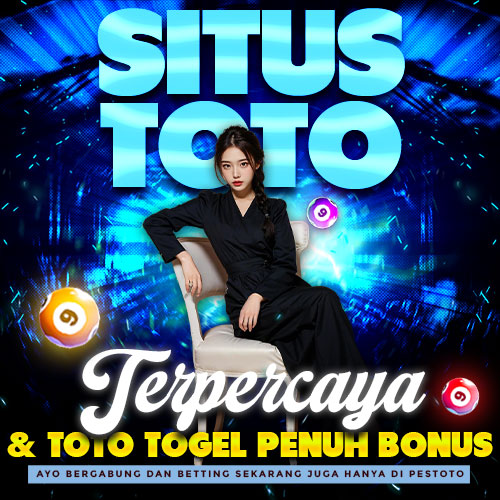
The lottery is a game of chance that has been played for centuries. It has brought both exhilaration and tilt to those who take part, with stories of of import wealthiness and destructive loss. While many dream of winning the kitty, others knock it as a form of gaming and a regressive tax on the poor. Regardless of subjective opinions, the drawing has played a significant role in history and continues to have a fresh affect on high society now.
The origins of the drawing can be traced back to antediluvian civilizations, where drawings were used as a substance of decisive divine messages or distributing prizes. However, the first recorded government-run lottery was in 16th century Europe, with Queen Elizabeth I of England establishing a drawing to raise money for twist projects.
In the 17th and 18th centuries, lotteries were used in the American:ies as a way to fund populace workings and to aid in the refund of war debts. This continued into the early years of the United States, with the first national lottery being held in 1776 to finance the Revolutionary War. Lotteries were also used to finance the building of roadstead, bridges, and universities, and were seen as a way to boost world support for common projects.
As the lottery continued to grow in popularity, it also baby-faced criticism for its potentially veto impact on bon ton. In the 19th and early on 20th centuries, there were many instances of dishonorable lotteries and extrajudicial gambling operations. This led to a backlash against the lottery and a movement to ban it completely.
In the 1960s, however, the tide off once again as the first sound submit drawing was proved in New Hampshire with the goal of raising money for populace breeding. Other states soon followed suit, and now there are 44 states in the US that offer some form of lottery. The revenue generated from these lotteries is usually earmarked for education, substructure, or other government programs.
Despite its intentions, the lottery has been met with integrated reactions and widespread contention. Supporters argue that it provides much-needed pecuniary resource for life-sustaining world services and gives individuals the to win boastfully sums of money. Additionally, the lottery has become a form of amusement for many, with populate eagerly anticipating the each week drawings and dreaming of what they would do with the kitty.
On the other hand, opponents of the drawing argue that it preys on the poor and encourages slaphappy spending habits. Studies have shown that low-income individuals are more likely to play the drawing, with a disproportionate amount of their income going towards drawing tickets. This has led to accusations that the lottery is essentially a fixed tax on the poor, pickings money from those who can least give it under the pretence of portion the community.
Despite the ongoing deliberate, the drawing has doubtless made a significant bear upon on smart set. It has increased billions of dollars for epochal causes and has created numerous millionaires and bread and butter legends. However, it has also brought about negative consequences such as enlarged gaming addictions and business strain on low-income individuals.
In Holocene geezerhood, the rise of engineering science and online gambling has revolutionized the lottery industry. Many states now volunteer the option to buy up drawing tickets online, qualification it easier and more favourable for people to play. This has also opened up the commercialize to a younger , with the hope of accretive taxation for submit lotteries.
The lottery continues to germinate and adapt with the times, but its touch on and controversies remain a constant. Whether it is seen as a nontoxic game of chance or a baneful form of victimisation, the drawing clay a popular and moneymaking form of entertainment for many. As long as there are those who dream of successful big, the toto togel will preserve to be a part of our and story.
